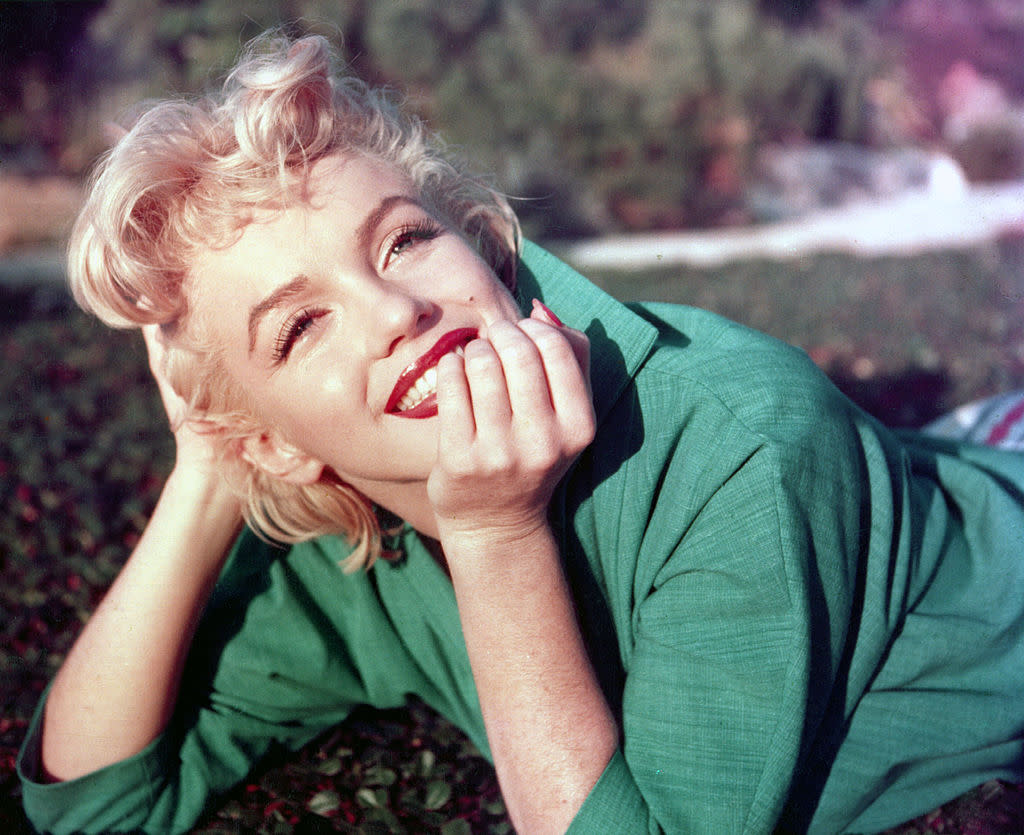Marilyn Monroe’s L.A. Home Saved from Demolition: ‘Crucial Piece’ of Hollywood History

Marilyn Monroe’s estate has been saved by the City of Los Angeles.
Monroe, who purchased her only property in 1962, died at her Brentwood house at age 36 the same year. The house is a 2,624-square-foot Spanish-style four-bedroom home, which the “Seven Year Itch” actress bought for $77,500 following her divorce from playwright Arthur Miller in February 1962.
More from IndieWire
'Widow Clicquot' Review: Bodices Replace Bluetooth Headsets in This Rags-to-Riches Champagne Saga
'Love at First Sight' Review: Haley Lu Richardson Tries to Save a Fumbling 'Before Sunrise' Romance
Monroe’s house was purchased by the Glory of the Snow LLC in 2017 for $7.25 million; a trust of the same name bought the property for $8.35 million in July 2023 and filed for a Department of Building and Safety demolition permit to tear it down.
According to the Los Angeles Times, the Los Angeles City Council intervened after the demolition permit was granted September 5. The Council meeting September 8 voted unanimously to suspend the permit and preserve the home.
“Unfortunately, the Department of Building and Safety issued a demolition permit before my team and I could fully intervene and get this issue resolved,” councilmember Traci Park said. “This home must be preserved as a crucial piece of Hollywood’s and the city of Los Angeles’ history, culture, and legacy.”
The house was built in 1929. The City Council is looking to have the house deemed a historic site.
Monroe’s life and legacy were recently in the spotlight with Andrew Dominik’s 2022 film “Blonde” starring Ana de Armas as the ill-fated starlet. Monroe’s home was replicated onscreen in multiple scenes, including her death. De Armas and the “Blonde” production team visited Monroe’s grave to ask “permission” to take on the icon’s personal story.
“Everyone felt a huge responsibility, and we were very aware of the side of the story we were going to tell — the story of Norma Jeane, the person behind this character, Marilyn Monroe. Who was she really?” de Armas said. “I would go to sleep and dream I had long conversations with her, or little things — like once we were choosing which color vase we’d put flowers in. I don’t want it to seem like I’m saying, ‘Marilyn and I were connected’ — not at all. But I was thinking of her so much, some days I would go home and have dinner and as I was washing the dishes I would just start sobbing, crying and crying, because I had this terrible feeling — I knew I couldn’t fix it.”
Best of IndieWire
Nicolas Winding Refn's Favorite Films: 37 Movies the Director Wants You to See
The Best LGBTQ Movies and TV Shows Streaming on Netflix Right Now
Unsimulated Sex Scenes in Film: 'Nymphomaniac,' 'Brown Bunny,' 'Little Ashes,' and More
Sign up for Indiewire's Newsletter. For the latest news, follow us on Facebook, Twitter, and Instagram.


